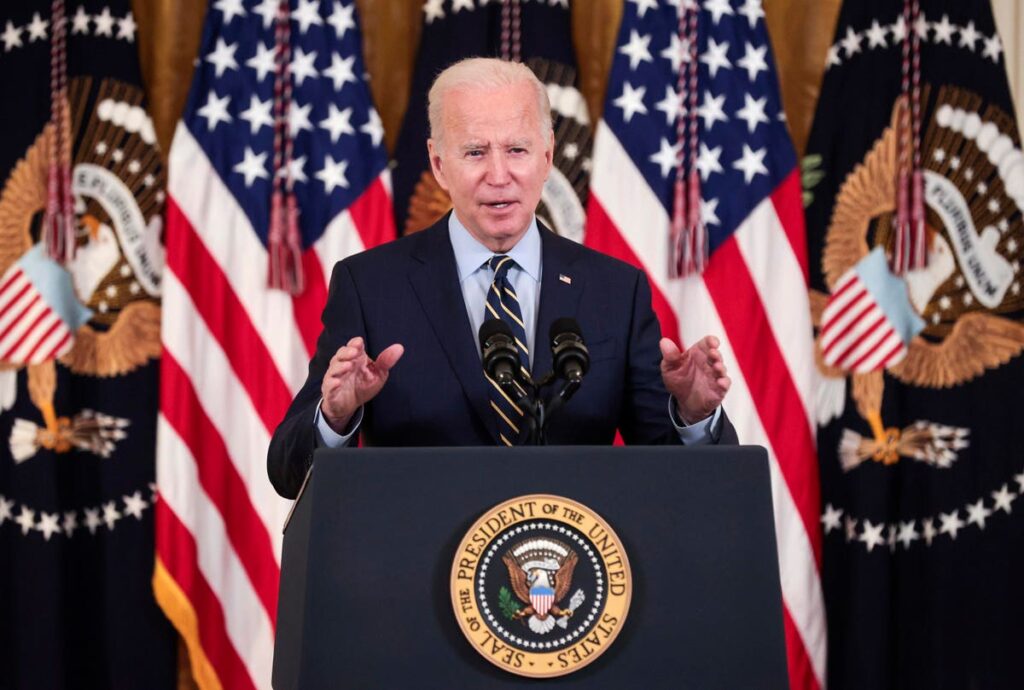InnovationRx is your weekly digest of healthcare news. To get it in your inbox, subscribe here.
The Inflation Reduction Act authorized the federal government to negotiate lower prices for certain kinds of medications, enabling the United States to join the ranks of dozens of countries whose governments routinely negotiate costs with pharmaceutical companies. The program will aim to negotiate lower prices for up to 60 drugs covered under Medicare, with an aim towards targeting the ones that account for the highest levels of spending and where no alternatives are available. On Tuesday, the Biden Administration announced the first 10 drugs whose prices will be negotiated: diabetes drugs Jardiance, Januvia, Fiasp and NovoLog; chronic kidney disease drug Farxiga; stroke and blood clot medications Eliquis and Xarelto; heart failure medication Entresto for heart failure; blood cancer treatment Imbruvica, Crohn’s disease treatment Stelara and arthritis medication Enbrel.
The new prices will go into effect in 2026, but the impact of at least the first 10 drugs may not be major. A research report from Jefferies finds that many of the drugs selected will already have generics available by the end of the decade, which includes both small molecules and some of the biologicals. Stelara and Xalreto, both have generics expected to enter the market in 2025, which would mean price negotiations for them might not happen. The Jefferies researchers also note that the negotiation provisions of the Inflation Reduction Act are currently the subject of lawsuits, which may delay or prevent the implementation of any lower drug costs. (Several Trump Administration efforts to lower prescription drug costs were blocked by federal courts, for example.) Overall, the report suggests there will be an impact of less than $19 billion total from 2026 through the end of the decade. A drop in the bucket compared to the over $335 billion Americans spent on prescription drugs every year.
This Scientist-Entrepreneur Is Brewing Prescription Drug Ingredients Like They Were Beer
Backed by $120 million in venture funding, Stanford professor Christina Smolke’s company Antheia just completed its first commercial-scale production of a key drug ingredient, thebaine, which is used in pain management and addiction management medications. The company is aiming to go to market in 2024 and has a pipeline of over 70 ingredients it’s planning to manufacture with bioengineered yeast.
Read more here.
Pipeline & Deal Updates
Protein Folding: EvolutionaryScale, a new startup run by several ex-employees from Meta’s AI protein-folding team, has raised a $40 million round led by Lux Capital at a $200 million valuation.
Cell Therapy: Biotech company Celularity announced that it’s entered into a multi-year research collaboration with Regeneron, with an initial focus on CAR-T therapies. The financial terms were not disclosed.
Research Acquisition: Corporate conglomerate Danaher will be acquiring life sciences research firm Abcam for $24.00 a share, which values the deal at over $5.5 billion.
Organ Transplants: The FDA has cleared the Baroguard system, developed by Paragonix Technologies, for use in the transportation of lungs for transplant. The system aims to ensure that lungs are kept at the proper temperature and pressure during transport.
Generative AI: Digital health company Huma Therapeutics announced that it’s collaborating with Google Cloud to use generative AI tools on its disease management platform.
Medication Management: PatchRx, which has developed a smart cap for prescription drug bottles to monitor adherence, has raised an $8 million series A round led by Atento Capital.
Inside Google’s Plans To Fix Healthcare With Generative AI
Google announced that it’s expanding customer access to its healthcare-focused large language model Med-PaLM 2 this September. The tech giant is aiming to get on a strong competitive footing against Amazon and Microsoft, but experts say there’s plenty of challenges for the technology in the world of medicine.
Read more here.
Other Healthcare News
Novo Nordisk plans to launch its popular weight-loss drug Wegovy in more countries, CEO Lars Fruergaard Jorgensen announced Friday, despite shortages caused by booming demand for the drug.
Americans who are ordered by their doctors to eat more fruits and vegetables and are assisted in buying fresh produce demonstrated improved health outcomes, new research shows.
Spending on mental health services leaped over 50% in the early years of the pandemic among Americans with private insurance, researchers from RAND Corp. and healthcare company Castlight Health found.
Cigna plans to grow its business of selling individual coverage under the Affordable Care Act for 2024 to 15 new counties in North Carolina, but will leave Missouri and Kansas, slightly reducing its Obamacare footprint.
Researchers have discovered gut microbes that could one day be harnessed to help diagnose, prevent and treat conditions like obesity, prediabetes and type 2 diabetes.
Health insurer Centene will sell a British hospital operator for $1.2 billion as it plans to focus on its core U.S. health benefits businesses: Obamacare, Medicaid and Medicare Advantage.
Across Forbes
Better.com CEO Who Fired 900 People On Zoom Is Struggling To Keep His Company Afloat
Kids Of Alumni Get Special Treatment At 80% Of America’s Top Private Colleges
As TikTok Ban Looms, ByteDance Battles Oracle For Control Of Its Algorithm
What Else We are Reading
PacBio, once slated to be acquired by Illumina, is taking on the DNA giant (Endpoints)
This is how space might disturb our immune systems (Popular Science)
How Multiple Warnings About a Killer Nurse Went Unheeded (New York Times)


